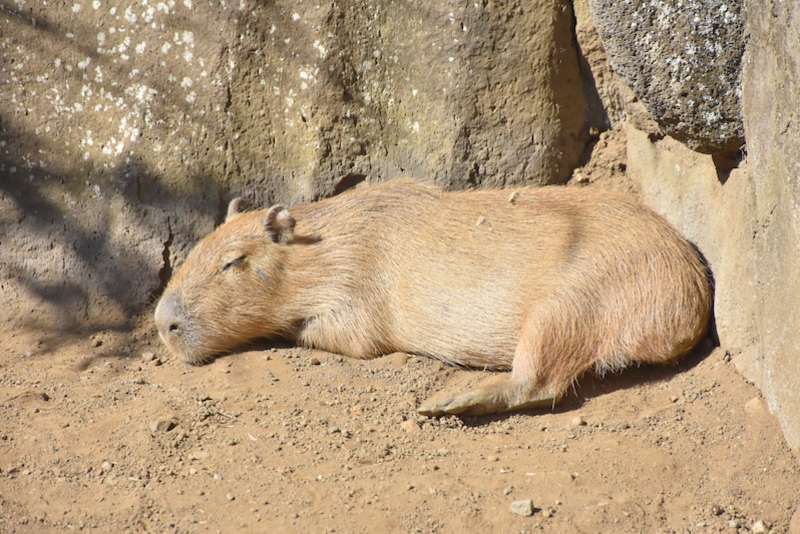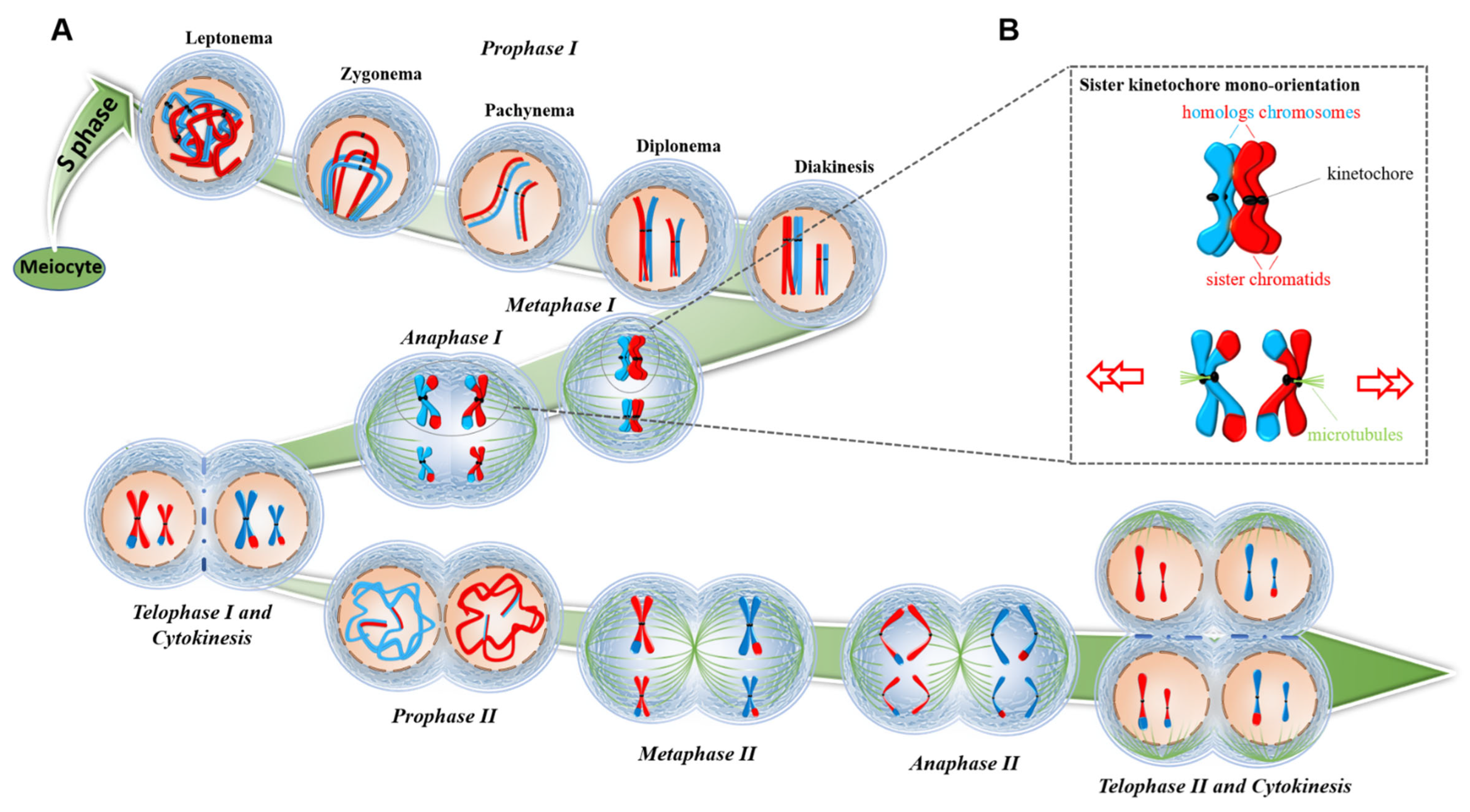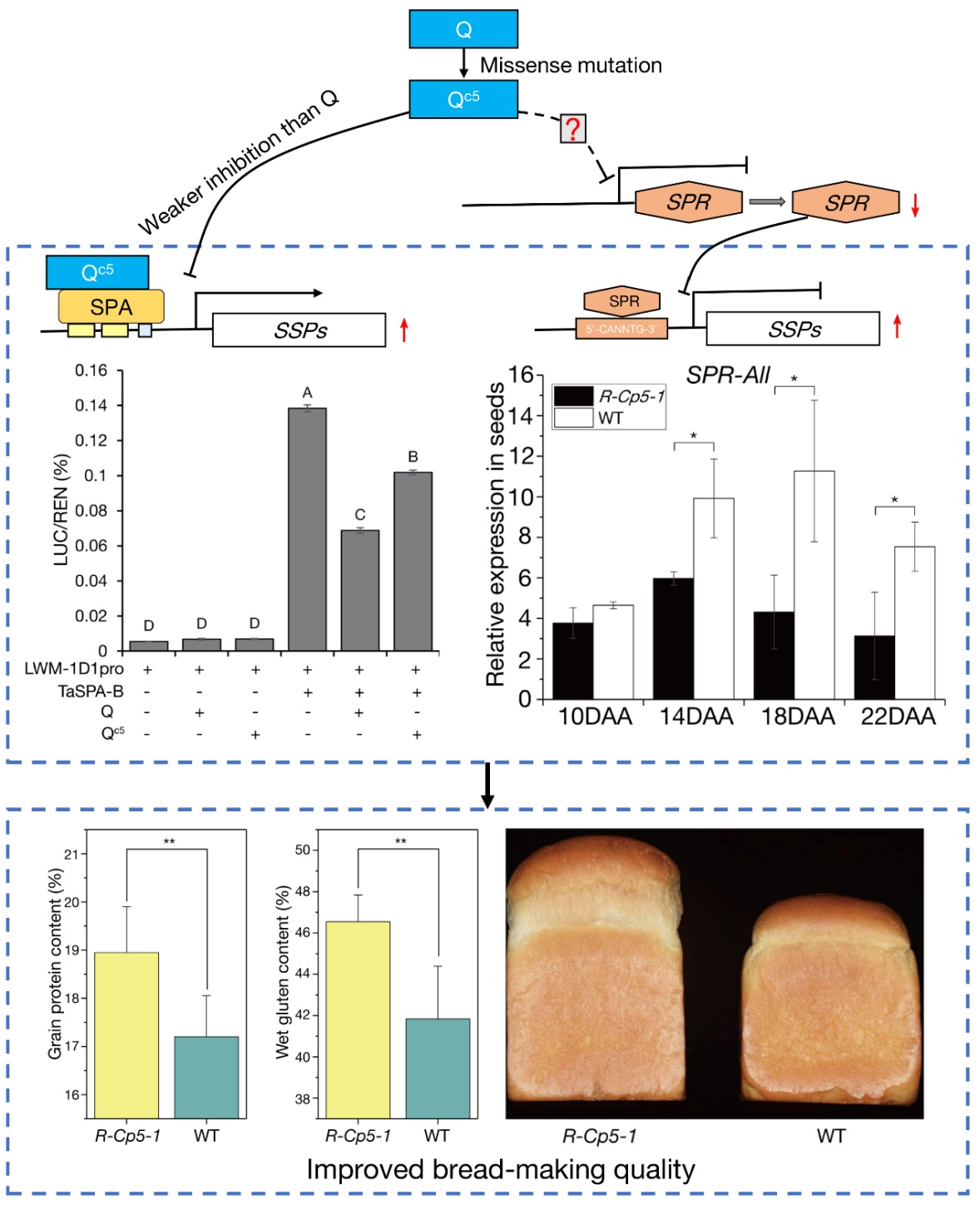Horticulturae, Free Full-Text
€ 35.50 · 4.9 (777) · Auf Lager
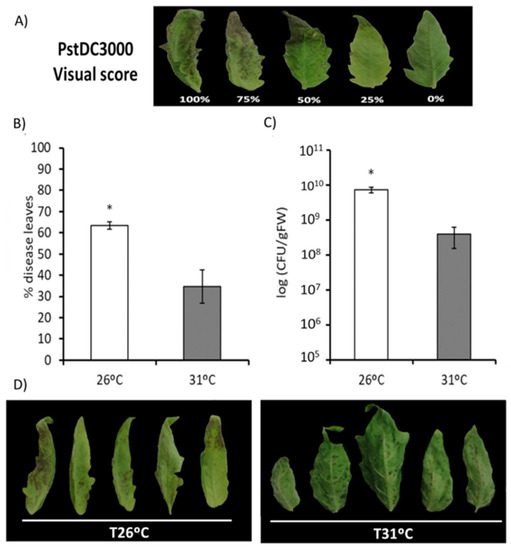
Higher plants suffer from mild heat stress when temperatures increase by 5 °C above optimum growth temperatures. This produces changes at the cellular and metabolic levels, allowing plants to adapt to heat conditions. This study investigated an increase of 5 °C above the optimum growth temperature (26 °C) of tomato plants in the tomato—Pseudomonas syringae pv. tomato pathosystem. A temperature increase above 26 °C affects plant development, the defensive pathways activated against Pseudomonas syringae pv. tomato strain DC3000 (PstDC3000), and the bacterial growth and virulence machinery. The results demonstrated that tomato plants were able to acclimate to mild heat stress, showing no symptoms of damage. Moreover, plants subjected to a 5 °C increase (T31 °C plants) showed higher basal levels of metabolites such as proline and putrescine, which probably act as compatible osmolytes. This demonstrates their importance as key components of thermotolerance. When grown under mild heat stress, plants were less susceptible to PstDC3000 and showed increased accumulation of abscisic acid, jasmonic acid-isoleucine, and spermine. In addition, the temperature increase negatively affected the infectivity of PstDC3000. Inhibition of the genes responsible for quorum sensing establishment and synthesis of flagellin and coronatine was observed in bacteria extracted from T31 °C plants. Analysis of the genes involved in the synthesis of the type III secretion system indicates the important role of this system in bacterial growth under these conditions. As the known resistance mechanisms involved in the defense against PstDC3000 were not activated, the changes in its virulence mechanisms under high temperatures may explain the lower infection observed in the T31 °C plants.

PDF) USAGE OF ORNAMENTAL PLANTS IN IZNIK TILES
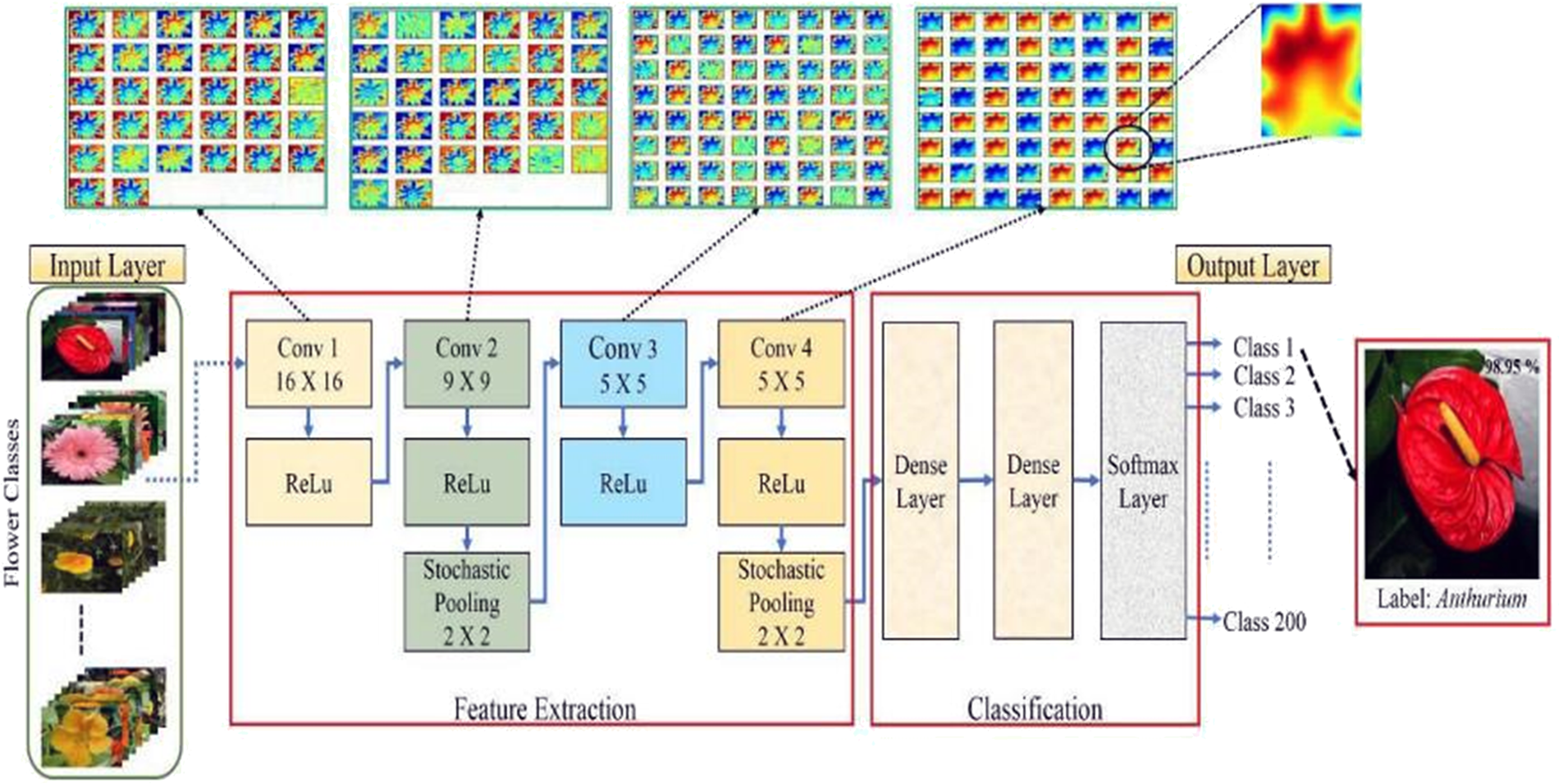
Applications of deep-learning approaches in horticultural research: a review

Biostimulant activity of chitosan in horticulture - ScienceDirect
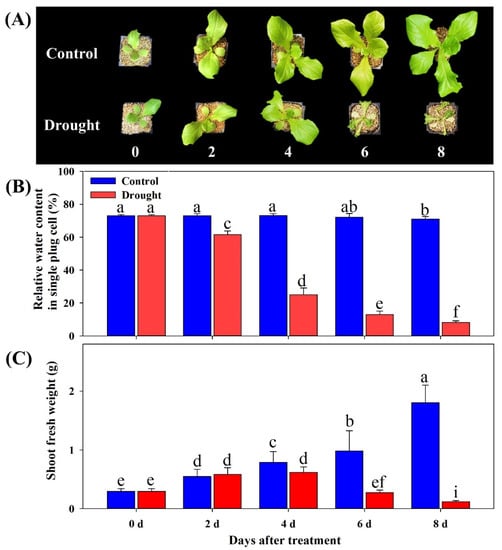
Horticulturae, Free Full-Text

Horticulturae, Free Full-Text
Integrating Biochar, Bacteria, and Plants for Sustainable Remediation of Soils Contaminated with Organic Pollutants

ISHS International Society for Horticultural Science
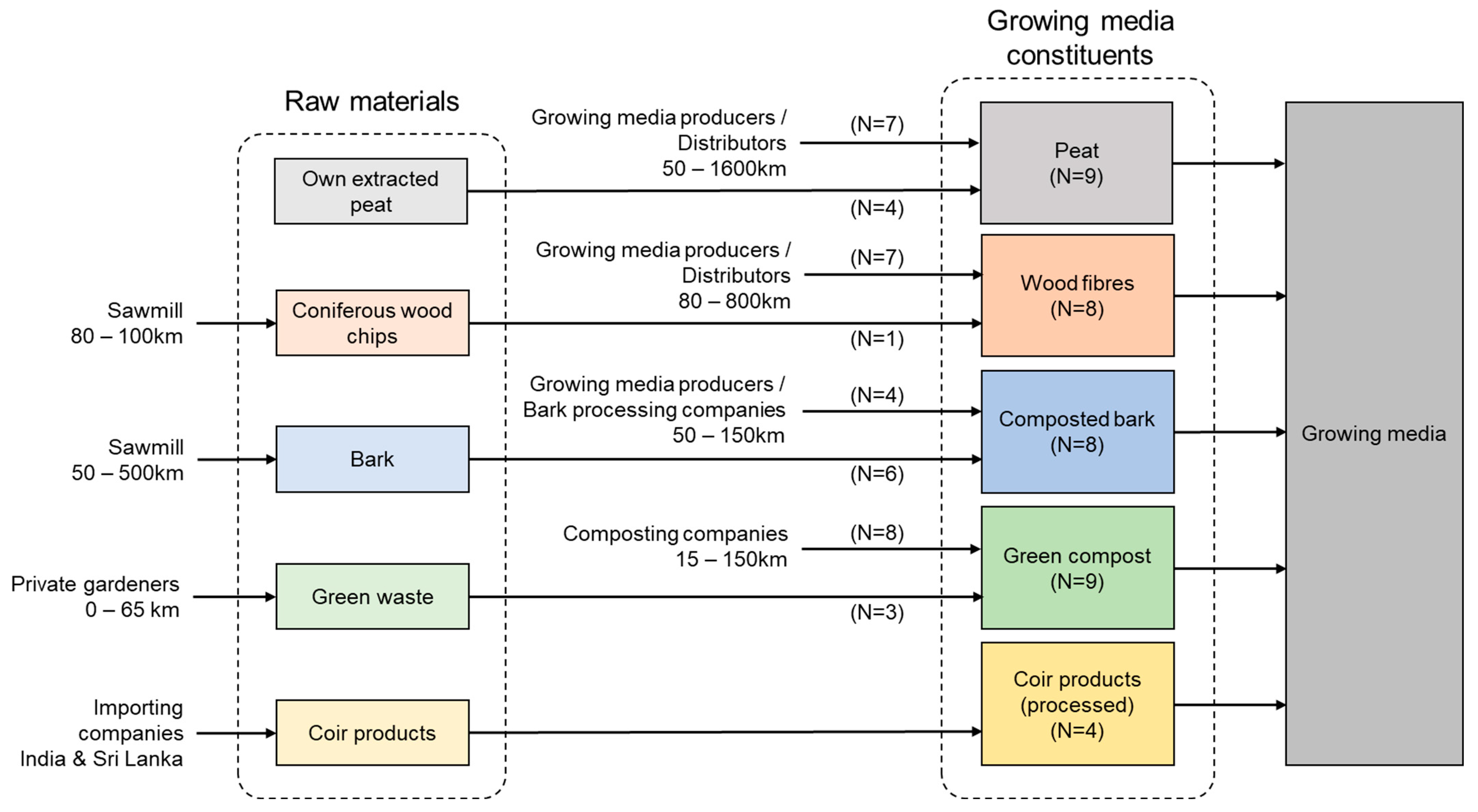
Horticulturae, Free Full-Text
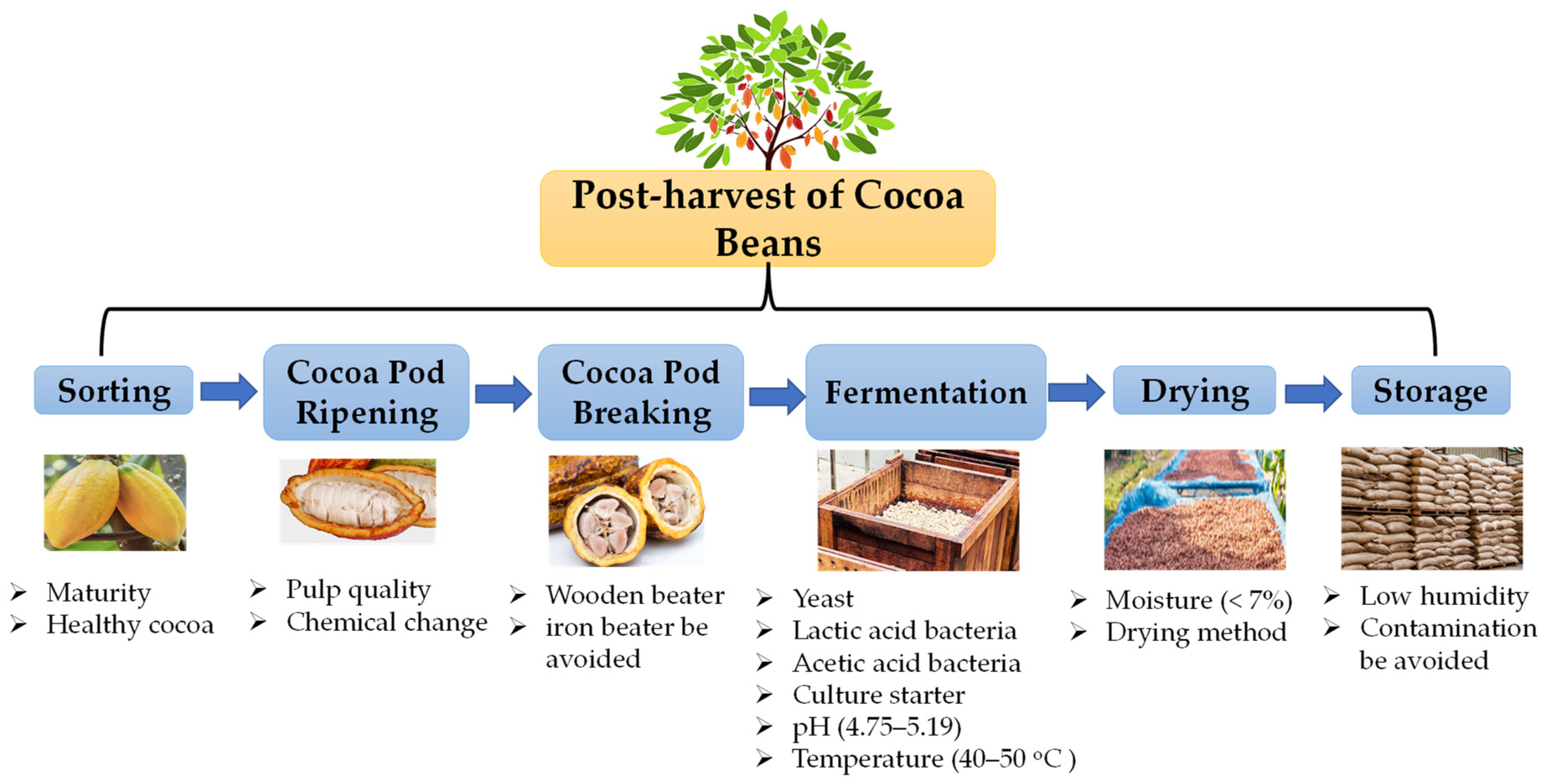
Horticulturae, Free Full-Text
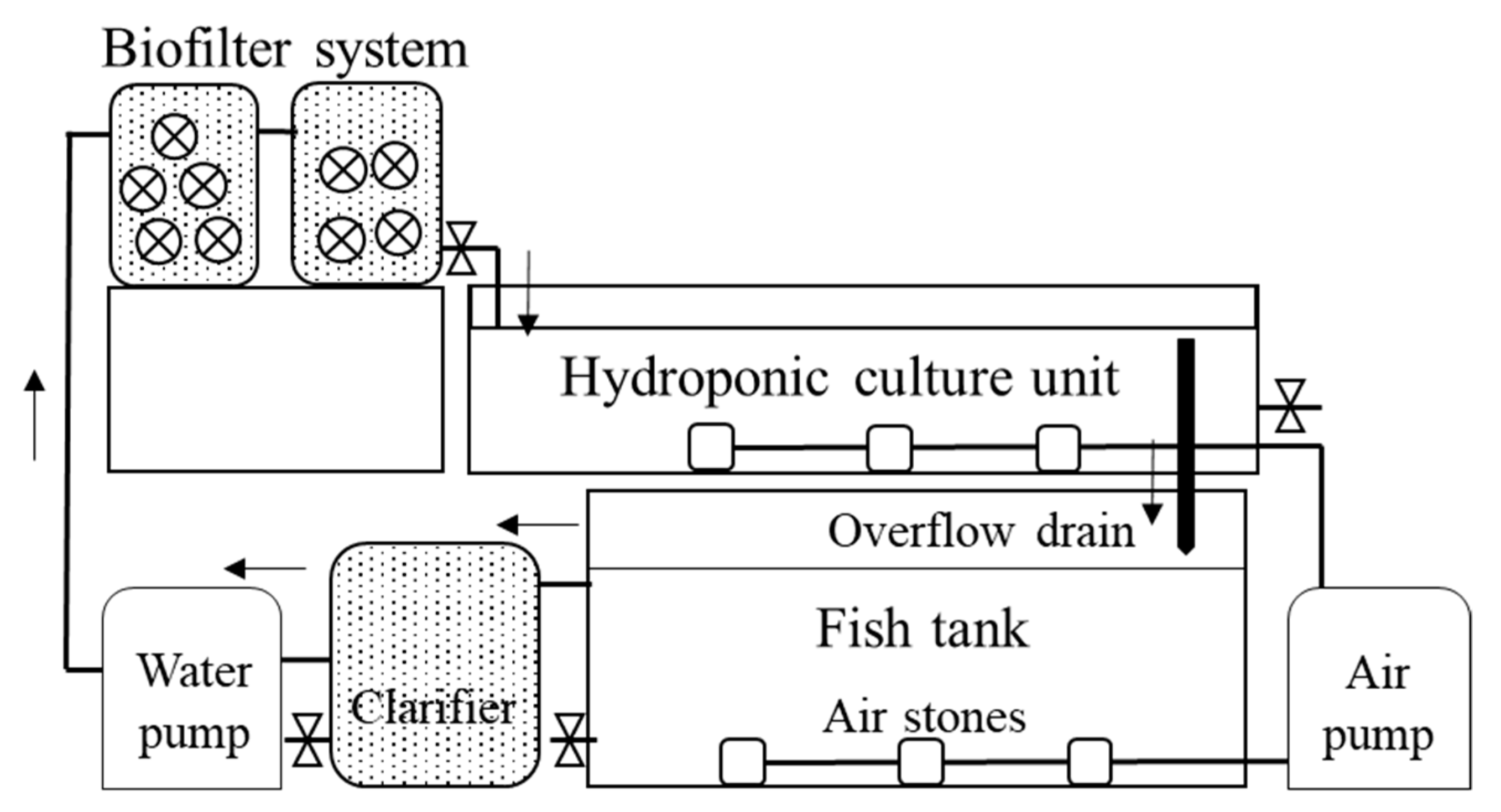
Horticulturae, Free Full-Text
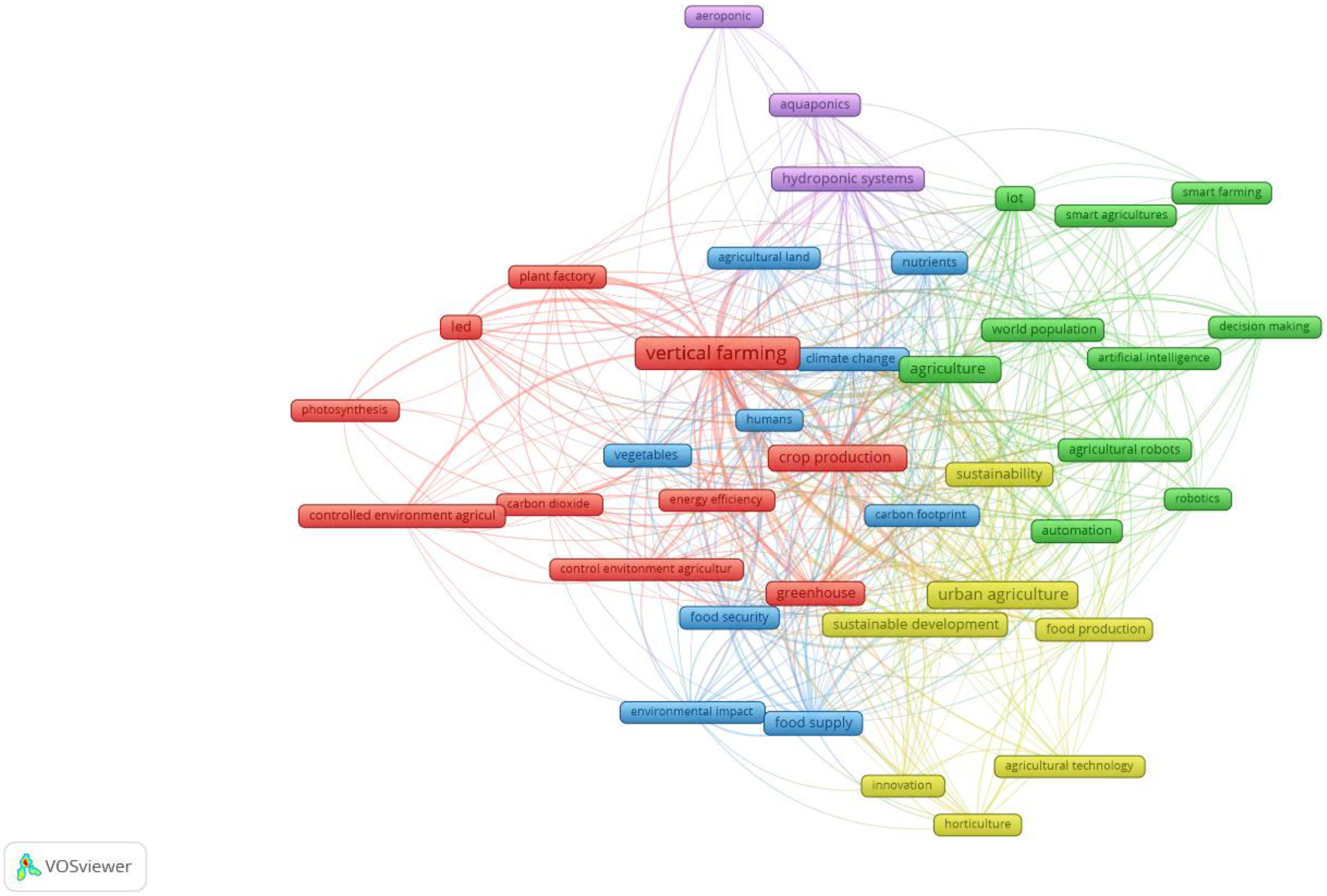
Horticulturae, Free Full-Text




